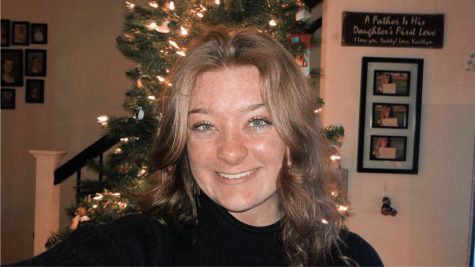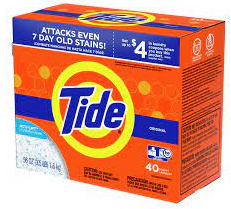Kaitlyn’s School of Thought: students should utilize community college classes during high school
In her weekly column, Kaitlyn’s School of Thought, Norse Notes’ Kaitlyn Edwards shares her opinions surrounding all topics about being a high school student and academic issues.
Many high school students have a difficult time choosing classes because of lack of interest in certain subjects and the shortage of advanced or honors classes at many high schools, including Oakmont.
Although Oakmont offers a range of different programs, including Career and Technical Education (CTE), International Baccalaureate (IB), and Advanced Placement (AP), the classes in each program are limited. When I was making my four year plan during my freshman year, I could not find many courses that truly interested me.
I contemplated going for the IB diploma, but the lack of diverse choices for courses to fulfill all six subject requirements caused me to feel that the IB diploma was not right for me. The CTE courses are also limited, which caused me to not pursue any CTE courses.
Oakmont offers a little bit more diversity when it comes to AP classes, so I took AP European History during my sophomore year. After succeeding in the challenging course, I decided to pursue a completely different route for getting college credit—taking community college courses.
Because I plan on becoming an advanced practice registered nurse in the future, I felt that taking many prerequisites before I start going to a university would really help. Taking these courses caused me to change my four year plan because I found so many benefits of taking classes at a community college.
With AP and IB classes, students are not guaranteed college credits just by passing the class. Students must pass the AP or IB exam for that class, which could give them college credits if the college or university they choose to go to will accept the exam score.
As long as a student passes a community college course, they will receive college credits. Students do not need to take a stressful exam that will be the only indicator of getting specific college credit. However, not all classes are transferable to other colleges or universities.
I found that not having to take a large exam that I would worry about the entire semester made the classes easier. I did not feel that getting college credit would be extremely hard.
Community college courses also allow high school students to make connections with more professionals and a diverse array of students who can help you succeed in your future education and career.
During my two classes, I was able to network with multiple medical assistants, phlebotomists, and pre-med students. I was also able to meet many high school students that also wanted to advance their education.
The wide range of classes that are offered allow virtually anyone to find at least one class that they are interested in. There are so many different departments in community colleges that students do not feel like they have to fit in a tiny box that limited high school class choices cause.
One of the major drawbacks with community colleges is that students in our local community cannot always get high school credit for graduation. This ultimately causes students to feel more stressed, as they must pass more high school classes on the first try to ensure they get enough credits to graduate on time.
The versatility of community college classes allows students to have more freedom, as they can choose to take online classes or in-person classes. If a student takes an online college class, they are more likely able to choose when they learn and do all of their work since many professors do not require class meetings.
All in all, high school students should take community college classes because they are able to take charge of their education easily and can set themselves up for a strong path in college and beyond.

Kaitlyn Edwards is a junior and in her third year of working on the Norse Notes staff. During her sophomore year, she was the sports editor. Outside of...













